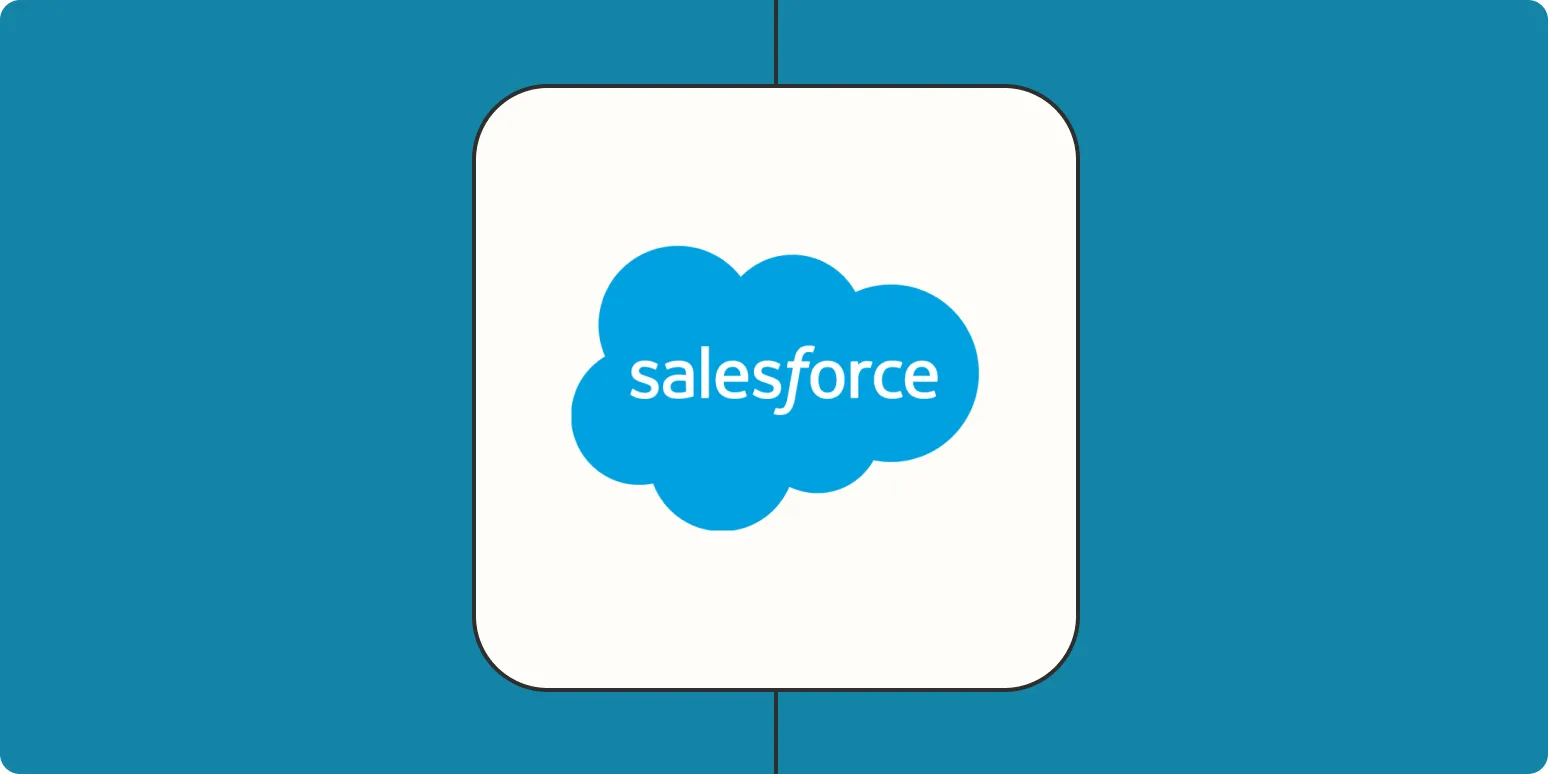Understanding Tasks in Salesforce
In Salesforce, ''tasks'' are one of the key components that help users manage their activities efficiently. They are essentially reminders or to-do items that can be assigned to users, allowing for better tracking of daily operations and responsibilities. Tasks can be linked to various records in Salesforce, such as accounts, contacts, leads, and opportunities, making them a versatile tool for task management.
Types of Tasks in Salesforce
Salesforce tasks can be categorized into several types, which include:
| Task Type | Description |
|---|---|
| Call | A task that involves making a phone call to a lead or contact. |
| A task that requires sending an email to a customer or prospect. | |
| Meeting | A scheduled meeting with a client or team member. |
| To-Do | A general task that needs to be completed. |
How to Create a Task in Salesforce
Creating a task in Salesforce is a straightforward process. Here’s how to do it:
- Log in to your Salesforce account.
- Navigate to the specific record (such as a contact or opportunity) where you want to create the task.
- Click on the "Activity" tab, and then select “Tasks.”
- Click on the “New Task” button.
- Fill in the necessary details, including the subject, due date, priority, and status.
- Assign the task to a user if needed and add any related records.
- Click “Save” to create the task.
Once created, the task will appear in the activity feed, allowing users to track their progress easily.
How to Manage Tasks in Salesforce
Managing tasks effectively is crucial for productivity in Salesforce. Here are some tips on how to manage your tasks:
- Prioritize Tasks: Use the priority field to categorize tasks as high, medium, or low priority. This helps you focus on what needs immediate attention.
- Set Due Dates: Always assign due dates to your tasks to ensure timely completion and avoid missing deadlines.
- Use Filters: Take advantage of Salesforce’s filtering options to view tasks based on different criteria such as due date, priority, or status.
- Complete Tasks: Once a task is finished, mark it as completed. This not only helps in tracking your accomplishments but also keeps your task list clean.
Best Practices for Using Tasks in Salesforce
To maximize the effectiveness of tasks in Salesforce, consider the following best practices:
- Regular Review: Regularly review and update your tasks. This ensures that you are on track and helps in identifying any overdue items.
- Integrate with Calendar: Sync your Salesforce tasks with your calendar for better visibility and reminders.
- Utilize Task Templates: If you have recurring tasks, consider creating task templates to save time.
- Collaborate: Use the commenting feature on tasks to collaborate with team members, providing updates or requesting assistance.
Reporting on Tasks in Salesforce
Salesforce offers robust reporting features that allow users to analyze their task management effectively. Users can create custom reports that show task completion rates, overdue tasks, and other metrics. This data can be invaluable for assessing productivity and identifying areas that need improvement.
Conclusion
In conclusion, ''tasks'' in Salesforce are essential for managing daily activities and ensuring that users stay organized and productive. By understanding the various types of tasks, learning how to create and manage them effectively, and following best practices, users can leverage Salesforce to enhance their workflow. Whether you are a sales representative, a project manager, or part of a customer service team, mastering tasks in Salesforce is a step towards achieving greater efficiency and success.





